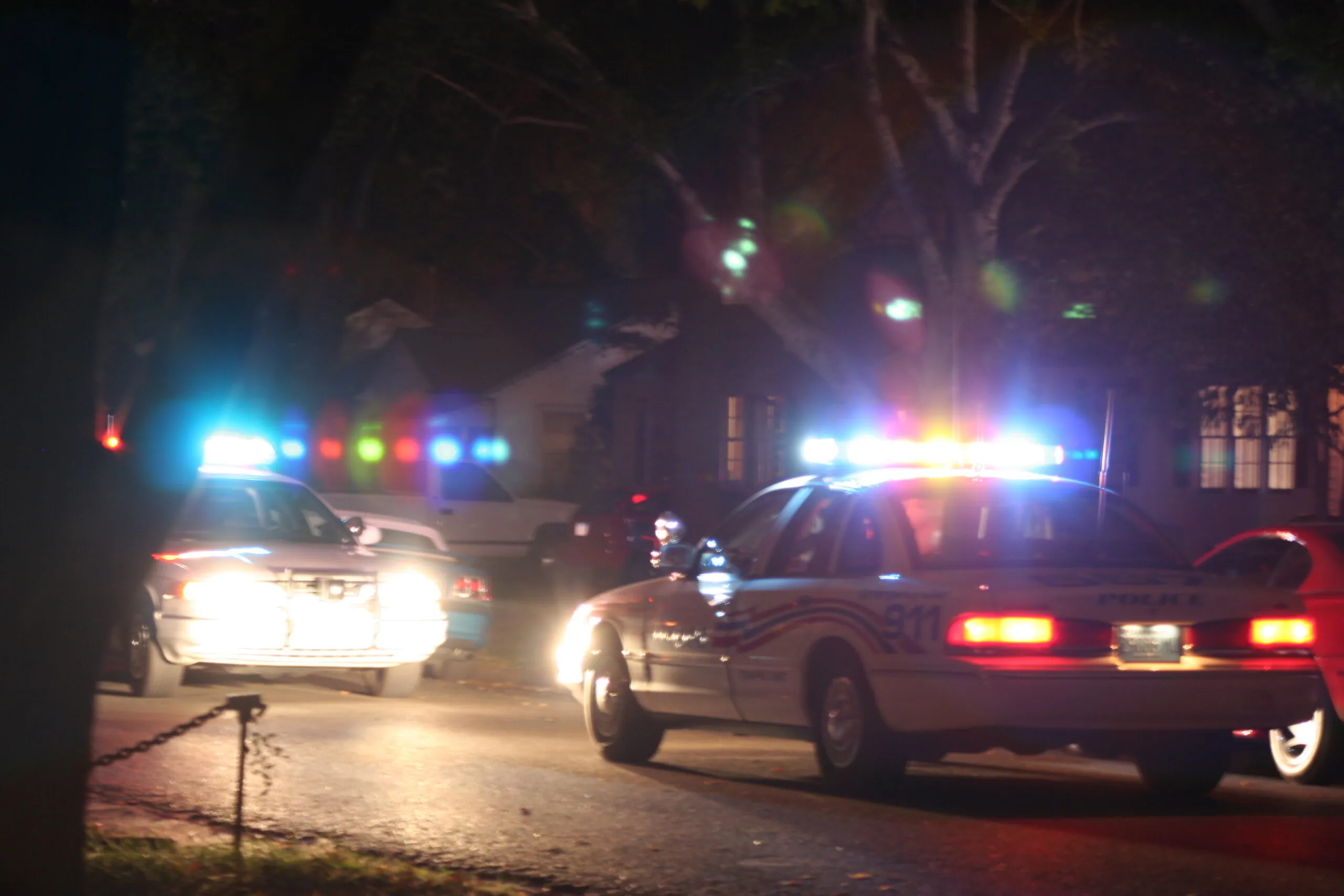 We all hope it never happens to us. Some of us brazenly gamble that it won’t happen. Sooner or later, however, you could end looking in your rearview mirror and realize that the flashing lights mean you are being pulled over for a traffic stop. If it is late at night, you were driving erratically, or you have alcohol in the vehicle, that traffic stop is almost certainly going to turn into a driving under the influence (DUI) investigation. If that does ever happen to you, what should you do? An Omaha DUI attorney offers guidance on handling a DUI stop in an effort to prevent the situation from becoming worse than it may already be.
We all hope it never happens to us. Some of us brazenly gamble that it won’t happen. Sooner or later, however, you could end looking in your rearview mirror and realize that the flashing lights mean you are being pulled over for a traffic stop. If it is late at night, you were driving erratically, or you have alcohol in the vehicle, that traffic stop is almost certainly going to turn into a driving under the influence (DUI) investigation. If that does ever happen to you, what should you do? An Omaha DUI attorney offers guidance on handling a DUI stop in an effort to prevent the situation from becoming worse than it may already be.
10 Things You Should, or Should Not, Do During a DUI Stop
- Stop the vehicle as soon as it is safe to do so. As soon as you see the lights behind you, turn on your turn signal and slow down. Pull over at the first safe place. When a motorist hesitates to stop, a law enforcement officer immediately gets edgy, assuming that the driver has done something wrong that would prompt him/her to make a run for it. The only exception to this rule is if the vehicle attempting to stop you is an unmarked vehicle and you questions whether it is a real law enforcement officer. In that case, slow down and look for a well-populated area where you can bring your vehicle to a stop. At the same time, if you have a cell phone with you and you are able to safely dial 9-1-1, do so and explain the situation. Ask the dispatcher to verify that the vehicle behind you is, in fact, a police officer.
- Be prepared and cooperative. Have your license, registration, and proof of insurance ready to hand to the officer. Fumbling makes you look intoxicated and makes the officer nervous.
- Do not be disrespectful. It is particularly important to be respectful when there is a chance the officer will turn a traffic stop into a DUI investigation. While it is perfectly acceptable to ask the officer why you were stopped, do not do so in a confrontational manner. Try to remember that in most cases, a law enforcement officer is simply doing his/her job.
- Stay in the vehicle unless directed by the officer to exit. When a motorist gets out of a vehicle it makes the officer very nervous because they cannot control the suspect and could make matters much worse.
- Be careful when you answer questions about consuming alcohol. If you have consumed any alcohol prior to getting behind the wheel, you may not be sure how to answer if the officer asks you if you have been drinking. It’s a tough spot. Lying to a police officer is never a good idea; however, if you are blatantly honest, you can almost count on going to jail. Sometimes, you can deflect and evade by answering the question with a question. Instead of answering directly, this is your opportunity to ask the officer why he/she stopped you instead.
- Politely decline to perform the field sobriety tests. Field sobriety tests (FSTs) are intended to help an officer determine if a motorist is driving under the influence; however, the directions are difficult to remember when sober and not standing on the side of the road being scrutinized by a police officer. In addition, whether you pass or fail is a subjective decision made by the officer, meaning you will likely fail.
- Ask why you were stopped. It is perfectly acceptable to ask the reason for the stop; however, do not argue the point. Just remember what the officer’s answer is and tell your attorney.
- Do not resist arrest. Once the officer has decided to make the arrest, nothing you say/do will change that decision. You may, however, add resisting arrest to the charges if you aren’t careful.
- Ask for a lawyer if the officer starts asking questions. Basic, identifying questions can be answered but if you are concerned about where the questions are going, just politely tell the officer you wish to speak to your lawyer before answering questions.
- Consult with an experienced DUI lawyer as soon as possible. Remember, being charged with DUI isn’t the same as being convicted of DUI. You may have a viable defense that can avoid a conviction. Consult with an experienced Omaha DUI attorney as soon as possible after your arrest.
Contact an Omaha DUI Attorney
If you have been arrested for driving under the influence (DUI) in the State of Nebraska, contact an Omaha DUI lawyer at Petersen Law Office 24 hours a day at 402-513-2180 to discuss your case with an experienced DUID defense lawyer.


